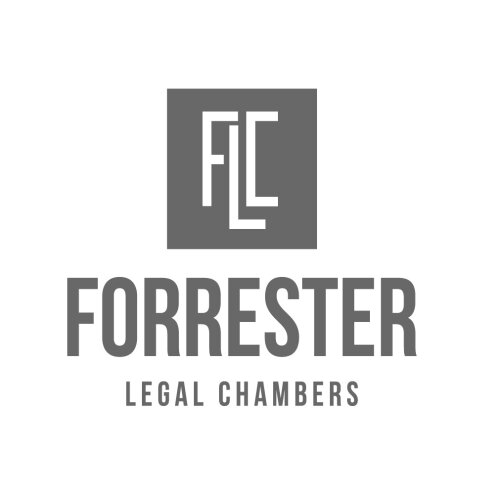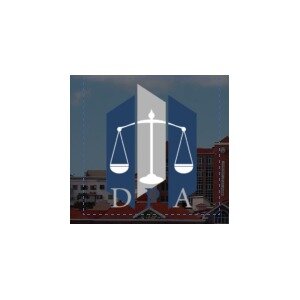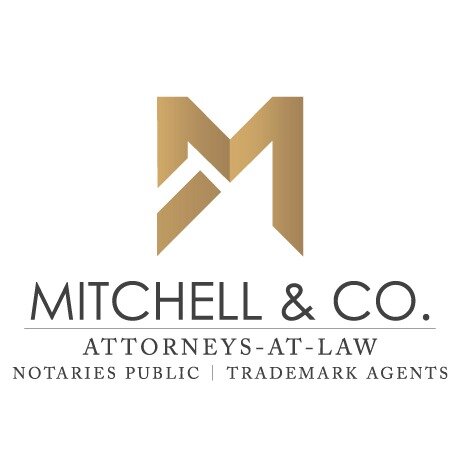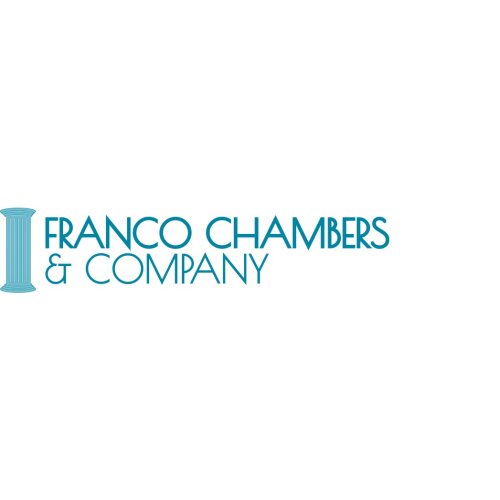Best General Litigation Lawyers in Grenada
Share your needs with us, get contacted by law firms.
Free. Takes 2 min.
Or refine your search by selecting a city:
List of the best lawyers in Grenada
About Litigation Law in Grenada
Litigation in Grenada encompasses a variety of legal processes to resolve disputes in the courtroom. These disputes can be civil or criminal in nature, involving matters such as contract issues, property disputes, and violations of law. The legal framework in Grenada is influenced by both English common law and local statutory provisions. Litigation proceedings typically take place in Grenada's civil or criminal courts, where parties present their cases for resolution by a judge or jury.
Why You May Need a Lawyer
There are several situations where you might require the expertise of a lawyer specializing in litigation in Grenada. These can include:
- Disputes over contracts or agreements where interpretation of terms is contested.
- Property or land disputes requiring court intervention to settle ownership or boundary issues.
- Civil matters such as personal injury claims or employment disputes.
- Criminal cases where defending or prosecuting a charge requires professional legal representation.
- Family law matters such as divorce, custody, or estate settlements needing court resolutions.
Local Laws Overview
Grenada's legal system is a blend of statutes and common law. Some key aspects of Grenada's laws relevant to litigation include:
- Court Jurisdiction: The Supreme Court of Grenada, comprising the High Court and Court of Appeal, handles most litigation matters.
- Statutory Interpretation: Judicial decisions often rely on the interpretation of locally enacted statutes, requiring legal expertise to navigate.
- Civil and Criminal Code: The legal codes govern procedural and substantive aspects of trials, influencing how cases are tried and adjudicated.
- Alternative Dispute Resolution: Mediation and arbitration are encouraged under Grenadian law as alternatives to litigation, aiming for less adversarial resolutions.
Frequently Asked Questions
1. What is the first step in initiating litigation in Grenada?
The initial step typically involves consulting a lawyer to assess your case and possibly filing a claim or complaint in the appropriate court.
2. How long does a typical litigation process take in Grenada?
The duration varies considerably based on case complexity, court schedules, and whether settlements are sought. Cases can range from several months to a few years.
3. Can I represent myself in court?
Yes, you have the right to self-representation; however, it is generally advisable to have professional legal assistance to better navigate the intricacies of the legal system.
4. What costs are involved in litigation?
Costs can include attorney fees, court filing fees, and any expenses for gathering evidence such as expert witness fees. Costs vary based on case complexity and duration.
5. What happens if I lose a case?
If you lose, you may be required to pay the other party's costs in addition to any damages awarded by the court. You may also have the option to appeal the decision.
6. Are out-of-court settlements common in Grenada?
Yes, parties often settle disputes out of court to save time and costs. Mediation is a popular method to reach a settlement.
7. How can I find a reputable lawyer in Grenada?
Seek recommendations from trusted sources or contact the Grenada Bar Association for referrals to qualified attorneys in specific practice areas.
8. What is the role of a judge in Grenada's litigation process?
A judge presides over the proceedings, ensures the fair application of law, manages the trial process, and ultimately delivers judgment based on the law and evidence presented.
9. What kind of evidence is admissible in court?
Evidence must be relevant and legally obtained. This can include documents, testimonies, expert analysis, and physical evidence pertinent to the case at hand.
10. Can court decisions be appealed?
Yes, parties dissatisfied with a decision may appeal to a higher court. The appeal must be based on legitimate grounds such as legal error or misinterpretation of the law.
Additional Resources
For further assistance, consider the following resources:
- The Grenada Bar Association can provide guidance and referrals to qualified legal professionals.
- The Supreme Court Registry offers resources, forms, and procedural guidance for individuals engaged in litigation.
- Legal Aid and Counseling Clinic may provide support for individuals unable to afford legal representation.
Next Steps
If you require legal assistance, it is crucial to take the following steps:
- Estimate Need: Understand the nature of your dispute and determine whether professional legal counsel is necessary.
- Research: Contact the Grenada Bar Association or seek referrals for reputable litigation attorneys with expertise in your specific area of need.
- Consultation: Arrange initial consultations to discuss your case, fee structures, and the litigation process.
- Engagement: Once you find a suitable lawyer, formally engage their services to receive dedicated legal support.
Lawzana helps you find the best lawyers and law firms in Grenada through a curated and pre-screened list of qualified legal professionals. Our platform offers rankings and detailed profiles of attorneys and law firms, allowing you to compare based on practice areas, including General Litigation, experience, and client feedback.
Each profile includes a description of the firm's areas of practice, client reviews, team members and partners, year of establishment, spoken languages, office locations, contact information, social media presence, and any published articles or resources. Most firms on our platform speak English and are experienced in both local and international legal matters.
Get a quote from top-rated law firms in Grenada — quickly, securely, and without unnecessary hassle.
Disclaimer:
The information provided on this page is for general informational purposes only and does not constitute legal advice. While we strive to ensure the accuracy and relevance of the content, legal information may change over time, and interpretations of the law can vary. You should always consult with a qualified legal professional for advice specific to your situation.
We disclaim all liability for actions taken or not taken based on the content of this page. If you believe any information is incorrect or outdated, please contact us, and we will review and update it where appropriate.
Browse general litigation law firms by city in Grenada
Refine your search by selecting a city.











